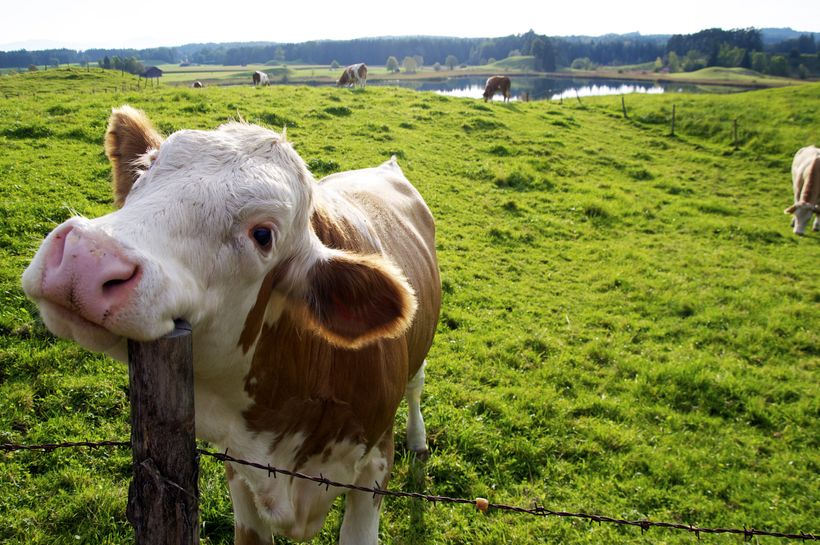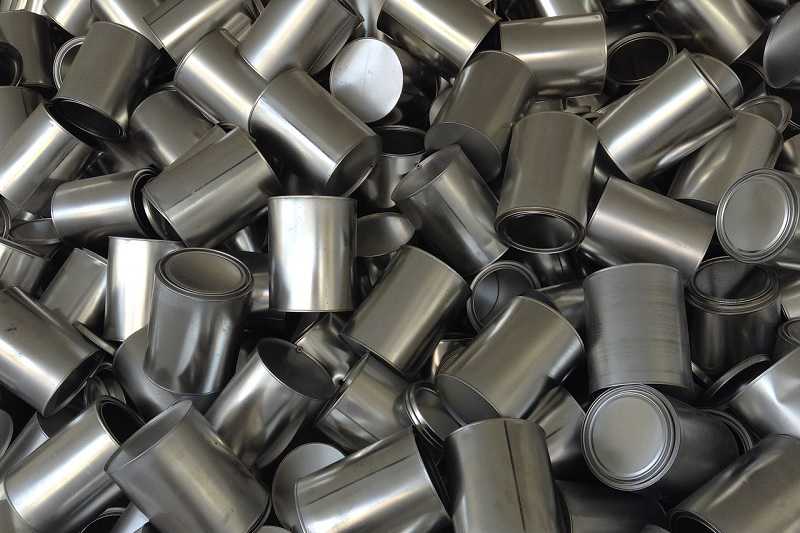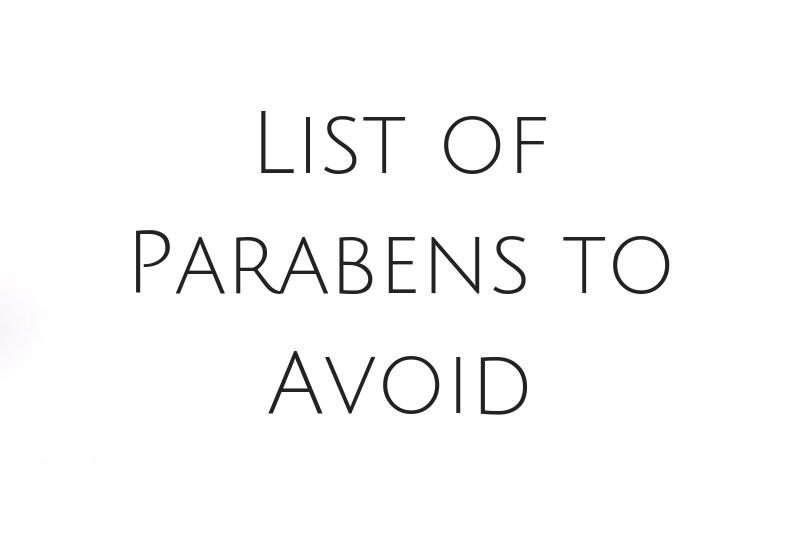Injecting cows with synthetic hormones to increase milk production is currently banned in the UK, so British milk doesn’t contain additional hormones. However, cow’s milk does contain some hormones naturally, so milk is never completely hormone free.
Table of Contents
What Is Bovine Growth Hormone?
Bovine somatotropin (bST), also known as bovine growth hormone, is a protein hormone which is naturally produced in the pituitary gland of cows and helps in their growth and development.
Bovine somatotropin (bST or rBST) or the bovine growth hormone is an animal drug,
A synthetic version of this hormone, known as recombinant bovine somatotropin (rBST), is developed using recombinant DNA technology and is sometimes injected into cattle to increase their milk production.
Is rBST Bad?
Cattle injected with recombinant bovine somatotropin (rBST) have an added risk of developing mastitis. The infected cattle are then treated with antibiotics, contributing to antibiotic-resistant bacteria. These resistant strains spread and this may add to making antibiotics used to treat humans less effective. However, adequate research is still pending in this area.
Milk from cows injected with rBST has a higher level of IGF-1. This hormone normally helps some types of cells in humans to grow. Some studies have found a relationship between blood levels of IGF-1 and the development of prostate, breast, colorectal, and other cancers, but sufficient research is pending on this topic as well.
Are Growth Hormones Banned in the UK?
Treating cattle with growth hormones for increased milk production is banned in the EU, and the UK has kept this law after Brexit. Using rBST to increase milk production in cattle was banned in the EU in 1999. Importing meat treated with growth hormones is also banned.
Does Milk in the UK Contain Hormones?
Milk is never hormone free. When milk labels mention ‘no added hormones’, that does not equal no hormones.
Cow’s milk will naturally always contain estrogen, progesterone, testosterone, cortisol, and IGF-1. In fact, organic milk also contains hormones.
Milk from pregnant cows has higher estrogen levels.
Some hormones are fat-soluble, and so, the level of hormones is higher in whole milk compared to skim milk.
How Do Dairy Hormones Affect the Human Body?
The human body breaks down most of the hormones present in milk during digestion and deactivates them. Only about 2-5% of the hormones make it into our body.
These hormones are usually not enough to make a substantial change in our bodies.
Some studies show a link between dairy intake and prostate cancer. Since prostate cancer is hormone related, it is hypothesised that this relation may be due to the hormonal changes milk consumption may bring.
Conclusion
Although cow’s milk does contain hormones, cows in the UK are not injected with synthetic hormones. As of now, there is no concrete evidence of hormones in milk affecting the human body negatively.
According to current research, you don’t need to worry too much about hormones in your milk. If you’re still concerned about it, you can try skim milk instead of whole milk or better yet, go vegan and try some vegan milk alternatives.

Naturaler is a UK website full of tips and recommendations for living a more eco-friendly, chemical-free and natural lifestyle.



